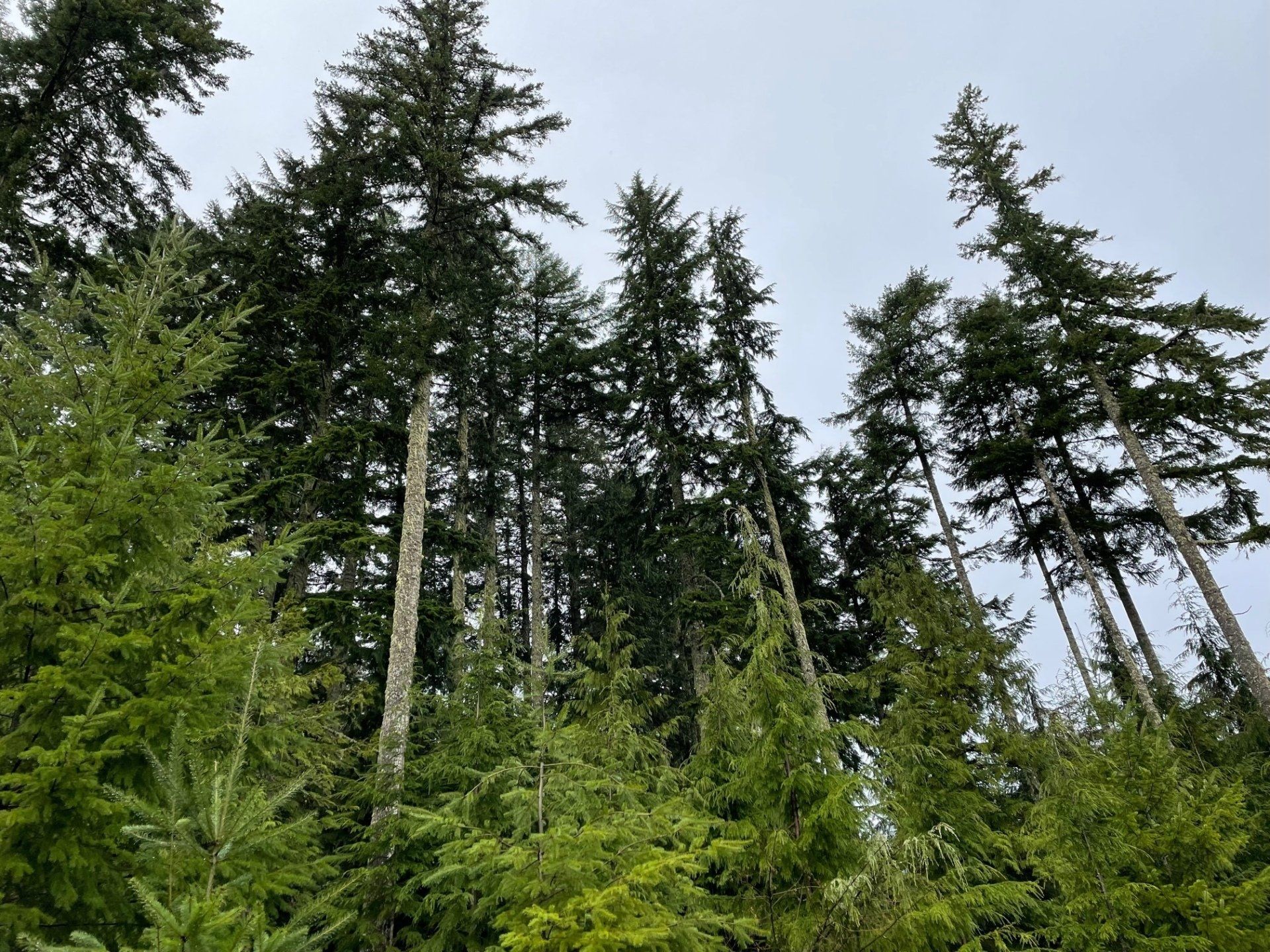Washington DNR Sued for Failing to Account for The Climate Impacts of Its Logging Proposals
CSE staff • February 3, 2022

Port Townsend, WA – On February 3rd, Center for Sustainable Economy (CSE) and Save The Olympic Peninsula (STOP) filed a lawsuit in the Superior Court for Jefferson County against the Department of Natural Resources (DNR) for failing to account for the harmful climate impacts of its logging proposals in violation of the State Environmental Policy Act (SEPA). The complaint names two Jefferson County timber sales – Goodman 1 and Taylor Downhill Sorts – that CSE and STOP challenged during the comment period and before the Board of Natural Resources (BNR). Taken together, the timber sales would log over 316 acres of state forests, remove nearly nine million board feet of wood and construct over a mile of new logging roads. BNR declined to make any changes in these sales to lessen their climate impacts and gave final approval for the sales during their January 4th and February 1st meetings. See below for the CSE-STOP complaint, opening brief, reply brief and administrative challenge files. Also find attached DNR's response brief, which contains their explanation of why they believe the DNR logging program has no climate impacts.
In the context of each challenge, CSE and STOP provided extensive scientific information and data sources indicating that the two timber sales will generate significant quantities of greenhouse gas emissions, reduce the land’s ability to sequester carbon, and make the land more vulnerable to the effects of climate change by amplifying the risks associated with wildfires, floods, landslides, insects, disease, and heat waves. Remarkably, DNR’s generic response to these challenges is that climate change is not on the agency’s SEPA checklist and so warrants no attention whatsoever as timber sales are planned, sold, and logged:
“At this time, the SEPA Environmental Checklist does not include analysis of climate impacts. The topic of climate impacts is an evolving issue as new science emerges and agencies work to include that new science in their work” (DNR response to the Taylor Downhill project challenge).
According to Dr. John Talberth, President and Senior Economist for CSE, “The climate crisis demands that decision makers at DNR carefully consider the many ways these timber sales are generating greenhouse gas emissions and increasing the risks associated with fires, floods, and landslides, yet DNR has chosen to simply look the other way and deny it has any obligation to do so. We hope the court agrees with us that climate change presents an existential threat to humanity and must indeed be considered in the SEPA context for every project that poses a climate risk.”
CSE and STOP are represented by the firm Bricklin & Newman, based in Seattle. According to the complaint, the groups are requesting six specific remedies, including (1) an order invalidating BNR’s approval of the Taylor Downhill and Goodman 1 projects for auction; (2) an order invalidating the ‘determination of non-significance’ for the projects as clearly erroneous; (3) a declaration that climate impacts are a necessary component of SEPA analysis for DNR logging proposals; (4) a declaration that the projects could have probable, significant adverse impacts to the environment; (5) an order enjoining all forest practices associated with the projects, (6) an order requiring mitigation for any climate-related impacts.
If successful, the lawsuit will help CSE, STOP and others concerned with DNR’s logging program make the case for alternative timber sale designs that minimize climate impacts, including avoiding any additional logging of carbon rich legacy (naturally regenerated), mature and old growth forests, prohibiting new road construction, and using lower-impact techniques such as variable density thinning rather than clearcutting to help accelerate the development of fully functional forest conditions from timber plantations. These techniques will advance key biodiversity and climate goals, employ more workers, and put DNR in a position to take part in evolving carbon markets that can provide more income to the beneficiaries of its timber sale program (including schools) than what can be earned from timber alone.
According to STOP Chair Ron Richards, “By evading its SEPA duties DNR is precluding these win-win-win solutions for the climate, for communities, and for workers. Instead, Commissioner Franz and DNR are building a wall of resistance that promises to keep business-as-usual clearcutting on the land for the foreseeable future.”
Read:


